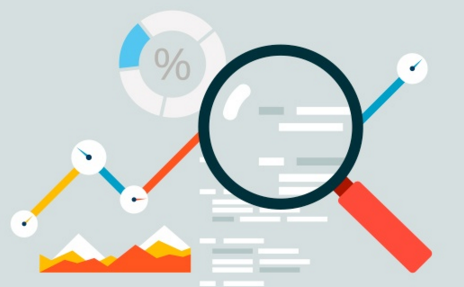December 15, 2015
| Article | Search Engine Optimization
How Does RankBrain Stack Up Against Google's Other Updates?

Google's official acknowledgement of RankBrain as an algorithm factor is still quite recent, so we haven't had much time to evaluate it yet in any statistical or scientific way. But, based on what we know, we are not expecting it to radically change any of the best practices we currently recommend. If you were doing things correctly six weeks ago, you shouldn't need to adjust anything.
Our assessment of RankBrain is that it's a breakthrough on Google's back-end in their ongoing efforts to interpret the natural language queries sourced by human users and tie those queries to on-page content. It goes beyond simple keyword matching to draw associations between similar kinds of words people use to express what they're looking for. In that way, it approximates an AI. If anything, this revelation doubles down on the importance of moving away from overdoing keyword-specific tactics; the goal should be to use natural language to provide quality content. If RankBrain does its job, it will find you.
The buzz around RankBrain over the past six weeks or so did, however, raise questions from our client base about Google's algo changes in general. And, with the end of the year upon us, it seems like a good time to refresh some perceptions of the seven most notable 'named' updates. Beginning with
Panda: Panda addresses the quality of on-page content. It places value on original, unique content over anything that appears to be pulled or scraped from another source (and was originally designed to crack down on content arbitrage). We've found that, in addition to creating original content, working to give a few layers of depth to your sites can help vis a vis Panda. Shallow websites with no internal structure have been the most penalized by Panda.
Penguin: Penguin is all about spam - link spam, specifically. The best tip here is to constantly evaluate your inbound links via Google Search Console (formerly Webmaster Tools), and to disavow anything that throws up flags. Things like poorly designed site-wide links from third-party sites can sometimes raise the alarm, so, even if spamming was not the intent, staying on top of your inbound links is key.
Pigeon: Pigeon launched in 2014, with a focus on improving local search results. Local search is key for many small businesses, and can often be an entirely new animal apart from standard organic search. The most critical tip here is to remember your brick-and-mortar past: always include your physical location and contact information on websites, and be sure to create a Google My Business profile that includes a street address and phone number.
Payday: The Payday update really only affected industries known for a heavy amount of spam. It weeded out obvious traffic arbitrage ploys in the payday loan (hence the name), pornographic, and pharmaceutical markets, to name a few. If you're optimized for Panda and Penguin, you'll be fine on this front.
Pirate: Pirate is another update that is pretty specific to certain industries. If you've been reported for copyright infringement, you may suffer a penalty under Pirate. If you think this may be the case, check your copyright warnings - the Pirate filter is updated periodically, and it's possible to dig your way out of this sandbox.
Top Heavy: Launched in 2012, the Top Heavy update penalized sites with an overabundance of ads at the top of pages. This is one of the few updates that is actually most focused on page layout rather than content, but, ultimately, the theme of removing sites that only exist to bait clicks and traffic holds true. Don't weigh down the top third of your site with advertising, and you'll be fine.
Mobile-Friendly: Otherwise known as 'Mobilegeddon', this update was the first to be revealed before its roll out. In April of 2015, everyone in the SEO industry scrambled to ensure that their sites passed Google's mobile-friendly test (a very simple one-click tool). The quick tip here? Page load times are one of the most important elements in the algorithm, be it desktop, mobile, or local search.
Over time, we'll see if 'RankBrain' joins this illustrious list as another targeted update, or if it simply becomes part of the foundation of everything Google does going forward. My bet is on the latter.